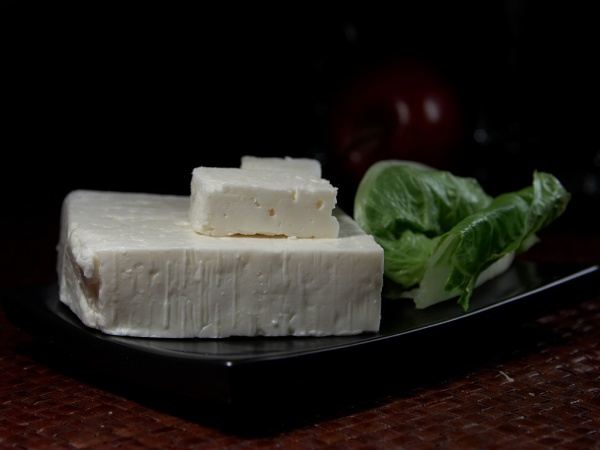Facts About Sirene
Sirene, also known as "white brine sirene" is a cherished brined cheese from the Balkans, enjoyed in countries such as Bulgaria, Serbia, Montenegro, North Macedonia, Romania, Albania, Israel, and Lebanon. Made from goat, sheep, cow milk, or a mixture of these, this cheese possesses a mildly crumbly texture and boasts a fat content of 44-48%. Typically produced in blocks, sirene finds its way into various dishes, functioning as a table cheese, a salad ingredient, or even an addition to baked goods.
In Balkan cuisine, sirene is a versatile staple. It pairs excellently with yogurt and features prominently in traditional dishes. You will find it in soups, salads like Shopska and Ovcharska, egg dishes, pasta, cornmeal preparations, pastries such as banitsa, stuffed peppers, and as a delightful appetizer. It’s a key ingredient in many national and regional recipes, adding a unique touch to the Balkan culinary landscape.
While sirene stands out on its own, there are similar cheeses worldwide with their unique variations. For instance, Feta from Greece, Telemea from Romania, Cotija from Mexico, and Beyaz Peynir from Turkey share some similarities with sirene. However, each of these cheeses brings distinct flavors and textures, influenced by local breeds of sheep and goats and regional production methods, making each of them special in its own right.

 Romania
Romania